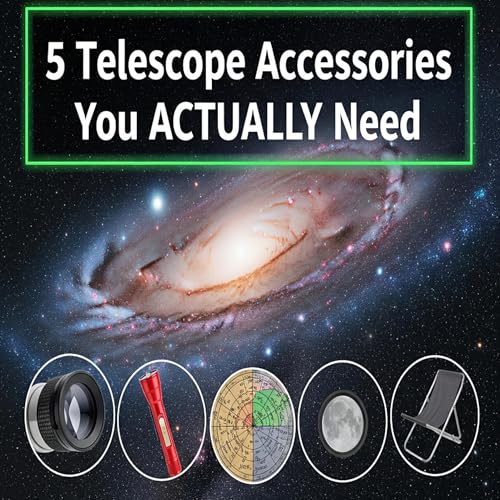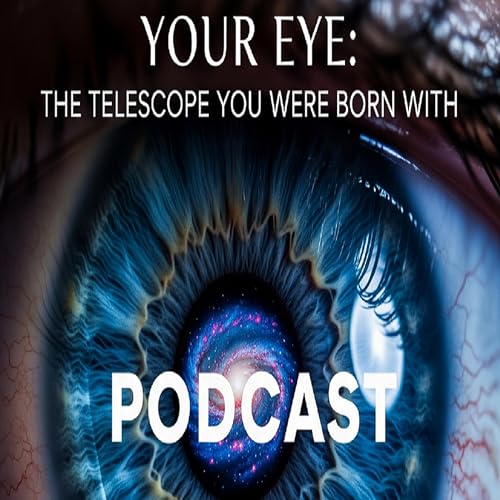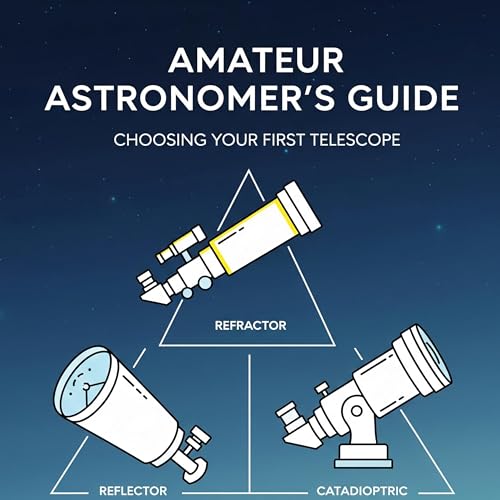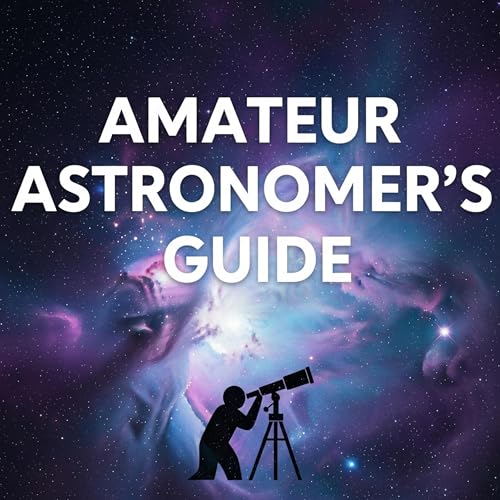Welcome to a deep dive into the cosmos, but not just through a telescope. Today, we're exploring the surprising, profound impact of public outreach in amateur astronomy. You'll discover why thousands of passionate individuals – often with incredible hands-on stargazing and astrophotography skills that even some research scientists lack – are being urged to share their passion for the night sky. Many are already doing this "quiet, incredible work", making them a massive, often "untapped resource" for science and community.In this episode, drawing insights from a key guide by the Federation of Astronomical Societies (FAS) and the Royal Astronomical Society (RAS) from June 2020, we unpack:• The common hurdles and personal anxieties that prevent some amateur astronomers from sharing their knowledge, from fear of public speaking or being stumped by questions, to logistical challenges like finding venues or navigating complex checks.• The encouraging solutions available, showing that "it's not an impossible mountain" to climb, with training, grants, and the realization that "good outreach doesn't always need loads of money or fancy gear".• But most importantly, the far-reaching, transformative benefits of this simple act of sharing:For the individual astronomer: It's "extremely rewarding", a "journey of personal growth" that boosts communication skills, builds confidence, improves well-being, and even acts as "an excuse to do more astronomy". It can lead to unexpected opportunities and new relationships.For local astronomy societies: Outreach is "fantastic advertising," bringing in new members, securing funding, fostering valuable partnerships with libraries and parks, and crucially, ensuring a more diverse and sustainable future for the entire amateur astronomy community.For the wider community and society: Astronomy is a "fantastic hook for STEM", igniting a "lifelong interest in science, technology, engineering, and math" in young people. Sharing the cosmos helps to "directly increase people's science capital," making science more familiar and relevant. It provides a powerful, face-to-face opportunity to gently challenge misinformation like Flat Earth theories or Moon landing conspiracies, contributing to a more knowledgeable society capable of critical thinking.Perhaps most profoundly, astronomy has a "unique ability to give hope" and "link people together". From prison projects using stars to reconnect families to creating tactile galaxies for the visually impaired, and serving as a powerful "icebreaker," the sky is truly "for everyone". It offers "common ground," reminding us of the "simple unifying truth that no matter who we are or where we're from, we are all on this one tiny planet looking up at the very same sky".Join us to discover why sharing the universe isn't just about science – it's about building connections, inspiring awe, and uniting us all.---Prefer to watch? Find the video version of this episode and our visual guides on our YouTube channel:https://www.youtube.com/@AstronomerGuide---#Telescope #astronomyclub #cosmos #space #universe #helpmemakethismakesense
 15 min
15 min 17 min
17 min 22 min
22 min Aug 30 202515 min
Aug 30 202515 min 24 min
24 min 15 min
15 min

